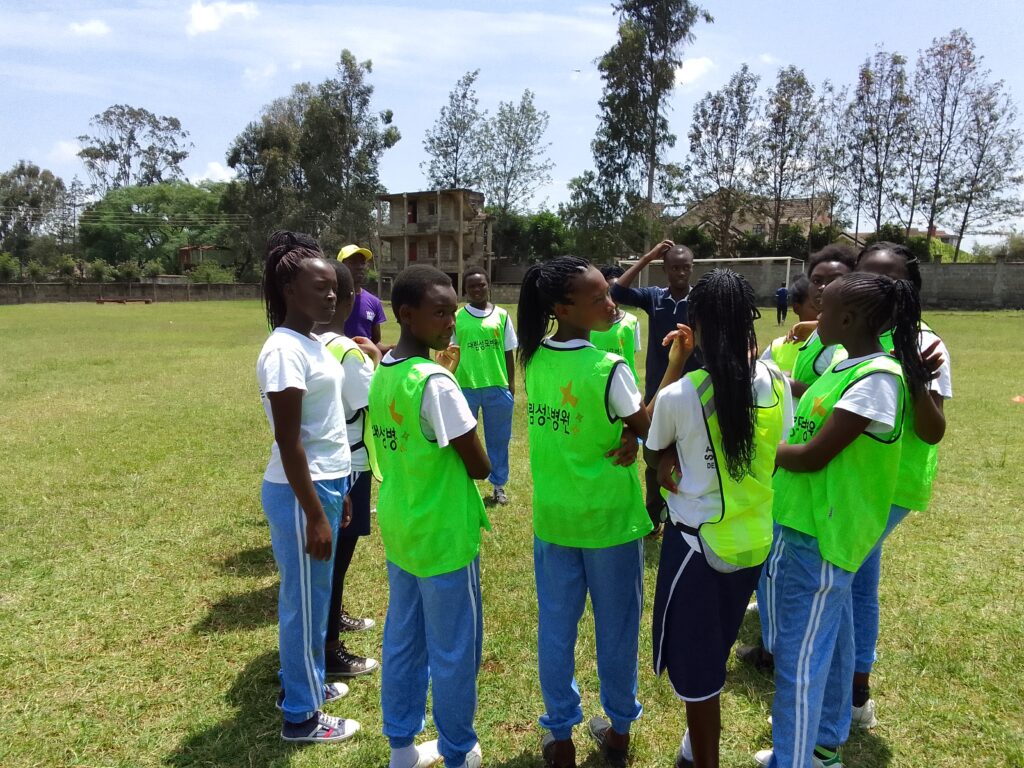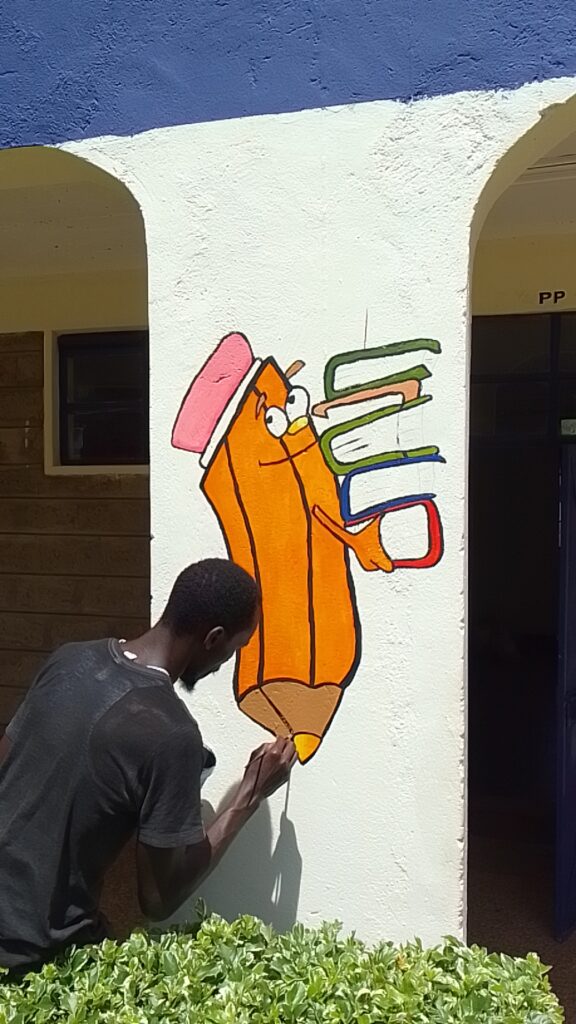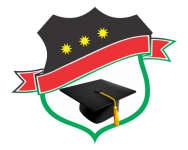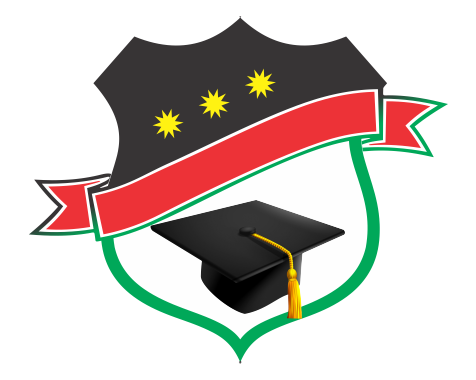Co-curricular activities are activities that take place outside the classroom but reinforce or supplement classroom curriculum in some way. They are ungraded and do not offer any form of academic credit, but they do provide complementary learning of some form. They include school sports teams, math clubs, drama clubs, talent shows, writing competitions, debates, mock trials, school newspapers, and drama productions. All of these activities take place outside the traditional classroom and offer no grade or academic credit, but they provide supplementary and complementary instruction and education for students.
Co-Curricular Advantages
Co-curricular activities can provide students with a lot of interesting and important experiences outside the traditional classroom. There are many advantages to involvement in co-curricular activities, including:
- Allowing students to explore strengths and talents outside of academics
- Helping students develop stronger time-management and organizational skills
- Teaching the importance of following through on commitments
- Giving students and the pupils the opportunity to build friendships and participate in group activities outside of the tight circle of the regular classroom
- Helping to build confidence and self-esteem
- Providing a way to keep students and the pupils supervised outside of school hours
Extracurricular Activities
It should be noted that there is a definite, though sometimes fuzzy difference between co-curricular and extracurricular activities. Where co-curricular activities are connected in some way to the school and to academic learning, extracurricular activities step outside of this realm.
Extracurricular activities are those activities that occur outside of the educational setting and do not provide instruction or experience to supplement the academic curriculum. Involvement in a sport that happens outside of the school, they include swimming, drama and music classes, , Dance , Girl Scouts or Boy Scouts, or Arts competitions.








